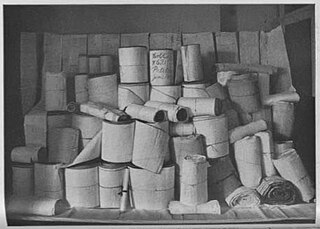 W
WProhibition is the act or practice of forbidding something by law; more particularly the term refers to the banning of the manufacture, storage, transportation, sale, possession, and consumption of alcoholic beverages. The word is also used to refer to a period of time during which such bans are enforced.
 W
WThe iron law of prohibition is a term coined by Richard Cowan in 1986 which posits that as law enforcement becomes more intense, the potency of prohibited substances increases. Cowan put it this way: "the harder the enforcement, the harder the drugs."
 W
WLow-alcohol beer is beer with little or no alcohol content and aims to reproduce the taste of beer while eliminating the inebriating effects of standard alcoholic brews. Most low-alcohol beers are lagers, but there are some low-alcohol ales. Low-alcohol beer is also known as light beer, non-alcoholic beer, small beer, small ale, or near-beer.
 W
WLow-alcohol beer is beer with little or no alcohol content and aims to reproduce the taste of beer while eliminating the inebriating effects of standard alcoholic brews. Most low-alcohol beers are lagers, but there are some low-alcohol ales. Low-alcohol beer is also known as light beer, non-alcoholic beer, small beer, small ale, or near-beer.
 W
WLow-alcohol beer is beer with little or no alcohol content and aims to reproduce the taste of beer while eliminating the inebriating effects of standard alcoholic brews. Most low-alcohol beers are lagers, but there are some low-alcohol ales. Low-alcohol beer is also known as light beer, non-alcoholic beer, small beer, small ale, or near-beer.
 W
WThe Polyglot Petition for Home Protection was the first world-wide proclamation against the manufacturing and international trade in liquor and drugs as well as the prohibition of legalised vice. It served as a first major campaign to raise public awareness of the need for international agreements on controls for opium and its derivatives.
 W
WRum-running or bootlegging is the illegal business of transporting (smuggling) alcoholic beverages where such transportation is forbidden by law. Smuggling usually takes place to circumvent taxation or prohibition laws within a particular jurisdiction. The term rum-running is more commonly applied to smuggling over water; bootlegging is applied to smuggling over land.
 W
WThe temperance movement is a social movement against the consumption of alcoholic beverages. Participants in the movement typically criticize alcohol intoxication or promote complete abstinence from alcohol (teetotalism), and its leaders emphasize alcohol's negative effects on people's health, personalities and family lives. Typically the movement promotes alcohol education and it also demands the passage of new laws against the sale of alcohol, either regulations on the availability of alcohol, or the complete prohibition of it. During the 19th and early 20th centuries, the temperance movement became prominent in many countries, particularly in English-speaking and Scandinavian ones, and it eventually led to national prohibitions in Canada, in Norway and in the United States, as well as provincial prohibition in India. A number of temperance organizations exist that promote temperance and teetotalism as a virtue.